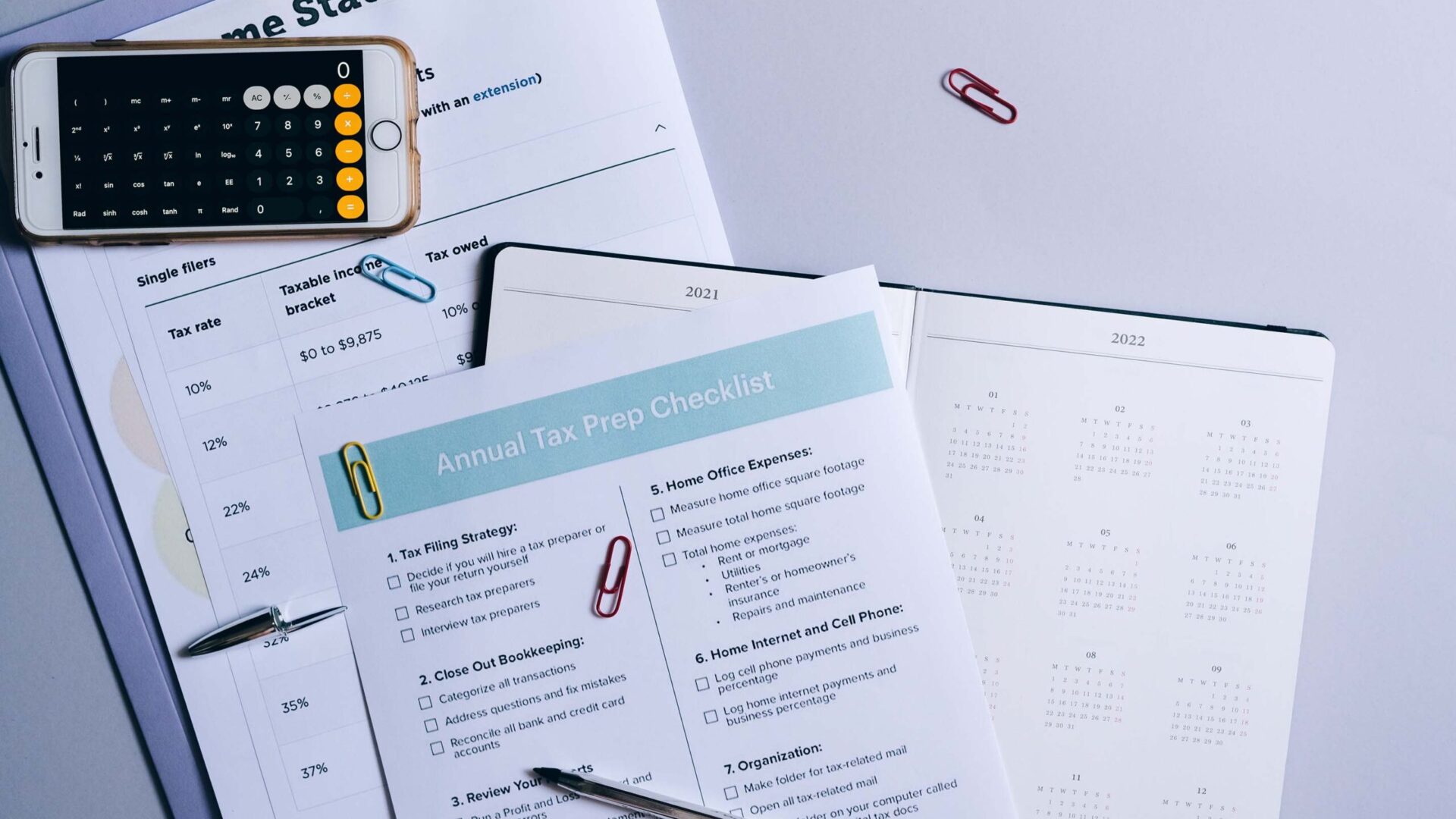An Introduction to Trusts
In reviewing hundreds of property title records over the last several years, I have noticed that many people hold their homes in their own name or along with a spouse. I have also observed some instances recently when an owner passed away and their family was dismayed to find that settling the estate was going to be a long and somewhat challenging process, with both practical as well as emotional issues that would have been lessened if the property had been held in a family trust.
This article is not at all intended to be giving financial or legal advice of any kind. You should consult with an estate attorney to learn what options and different forms of trusts are available in California. However, it has been suggested that we at least mention some of the more significant aspects pertaining to real estate owned in the family, and some of the distinctive benefits of using a family trust.
Simply stated, family trusts are powerful estate planning tools that allow a family to minimize some frustrations and to avoid expensive probate fees. In general, a California living trust is a legal document that places some or all of your assets in the control of a trust during your lifetime.
You have complete control of the process of deciding who the trustee is who will manage the assets and distribute them after you have passed. Of course, you can be the initial trustee, either singly or with a co-trustee, and name someone who would become your successor trustee. You name the beneficiaries (those who will receive the assets) and can even determine when and how they receive your assets. If it is a “revocable living trust”, you can change it or cancel it at any time.
Benefits of a Living Trust
There are numerous benefits of using a “living trust” in California. Perhaps the main reason people set a trust up is that it allows you to bypass probate for all assets placed in the trust. Assets not in a family trust must go through the probate process and this can be fairly costly and take many months to complete. Another important benefit of a living trust is the privacy it provides. The probate process is completely open to public record, so anyone could find out who the beneficiaries are and what the amounts and terms are for each of them.
In brief, your estate planning efforts let you protect and provide for your loved ones, give to charities you care about, and control the legacy you leave behind. Having a living trust can save your loved one’s time, money, and possibly much hassle.
An additional reason people can benefit from using a living trust is the opportunity to plan for a situation when they may become incapacitated and no longer able to communicate their wishes and preferences. The co-trustee or successor trustee would be responsible for stepping in and managing the trust assets in such a case.
I recall a conversation with an elderly man who told me he had written everything he wanted to in his will many years ago, and he felt it did not need any changes now. He had heard something about family trusts but figured it would undoubtedly cost him thousands of dollars in legal fees and he didn’t think it would be worth it.
Yes, a living trust does take time and effort to set up, and they do require periodic review from time to time to be sure no changes would be desired. However, it may well be that the legal costs and personal efforts would pay off tremendously later on. At the very least, it is highly recommended that you request a complimentary counseling session with an estate attorney and find out what the benefits and costs would be for your specific situation.





